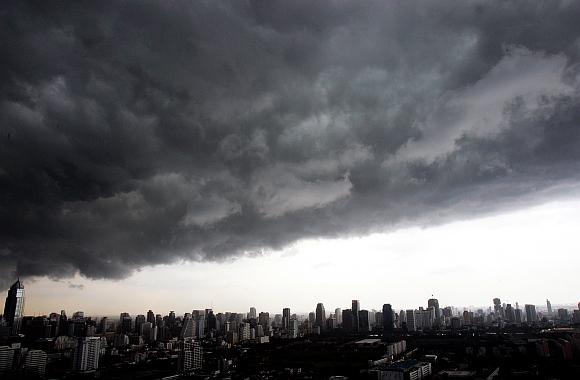
Rising populations are driving the earth towards a catastrophic breakdown where species we depend on would die out, an international team of scientists has claimed, blaming the crisis on over use of water, forests and land for agriculture.
Writing in the journal Nature, the team warned that the world is headed toward a tipping point marked by extinctions and unpredictable changes on a scale not seen since the glaciers retreated 12,000 years ago.
"There is a very high possibility that by the end of the century, the earth is going to be a very different place," study author Anthony Barnosky of the University of California, Berkeley, told LiveScience.
...
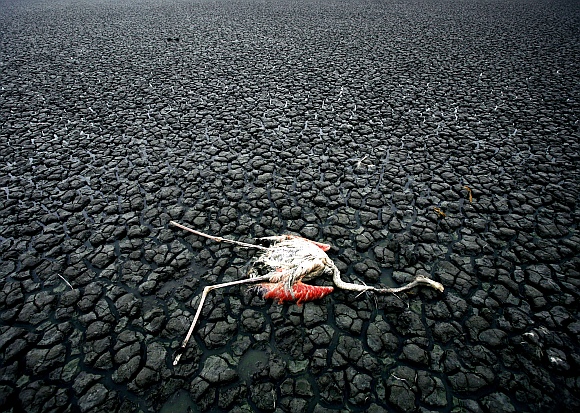
To reach the conclusion, Barnosky and 17 other scientists from the United States, Canada, South America and Europe reviewed research on climate change and ecology to assess evidence for what the future holds.
The results could cause some plant and animal species to disappear, new mixes of remaining species and huge disruptions to crops, leading to global political instability, they found.
At certain thresholds, putting more pressure on the environment leads to a point of no return, Barnosky said.
...
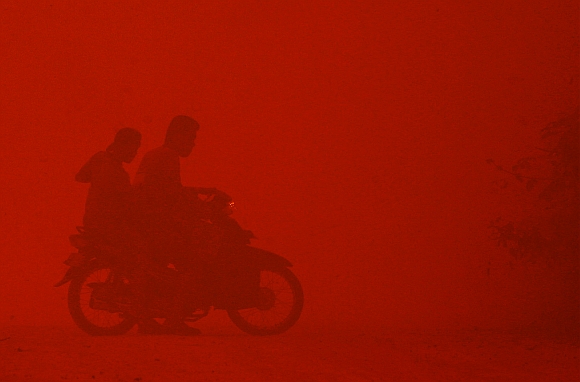
The most recent example of one of these transitions is the end of the last glacial period. Within not much more than 3,000 years, the earth went from being 30 per cent covered in ice to its present, nearly ice-free condition.
Most extinctions and ecological changes occurred in just 1,600 years. Earth's biodiversity still has not recovered to what it was. But humans are causing changes even faster than the natural ones that pushed back the glaciers -- and the changes are bigger, Barnosky said.
Driven by a 35 per cent increase in atmospheric carbon dioxide since the start of the Industrial Revolution, global temperatures are rising faster than they did back then, he pointed out.
...
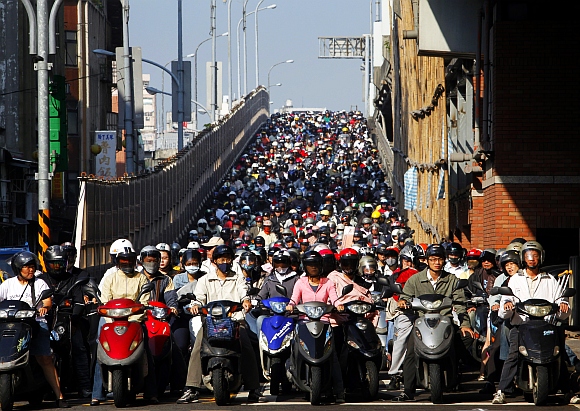
Likewise, humans have completely transformed 43 per cent of earth's land surface for cities and agriculture, compared with the 30 per cent land surface transition that occurred at the end of the last glacial period, Barnosky said.
In addition, the human population has exploded, putting ever more pressure on existing resources, he added.
"Every change we look at that we have accomplished in the past couple of centuries is actually more than what preceded one of these major state changes in the past," Barnosky said.
...
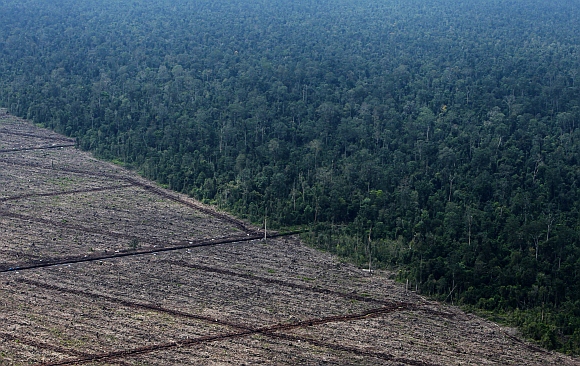
The results are difficult to predict, because tipping points, by their definition, take the planet into uncharted territory. Based on past transitions, the researchers predict a major loss of species, as well as changes in the makeup of species in various communities on the local level.
Meanwhile, humans may well be knotting our own noose as we burn through earth's resources, Barnosky said. "These ecological systems actually give us our life support, our crops, our fisheries, clean water," he noted.
The researchers also pointed out that as resources shift from one nation to another, political instability can easily follow. Pulling back from the ledge will require international cooperation otherwise, under business-as-usual conditions, humankind will be using 50 per cent of the land surface on the planet by 2025, Barnosky said.
...
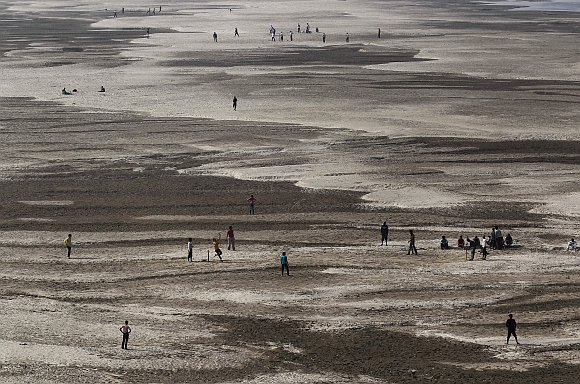
It seems unavoidable that the human population will reach 9 billion by 2050, so we'll have to become more efficient to sustain ourselves, he said.
That means more efficient energy use and energy production, a greater focus on renewable resources, and a need to save species and habitat today for future generations, Barnosky said.
"We're at a crossroads where if we choose to do nothing we really do face these tipping points and a less-good future for our immediate descendants," he added.
...